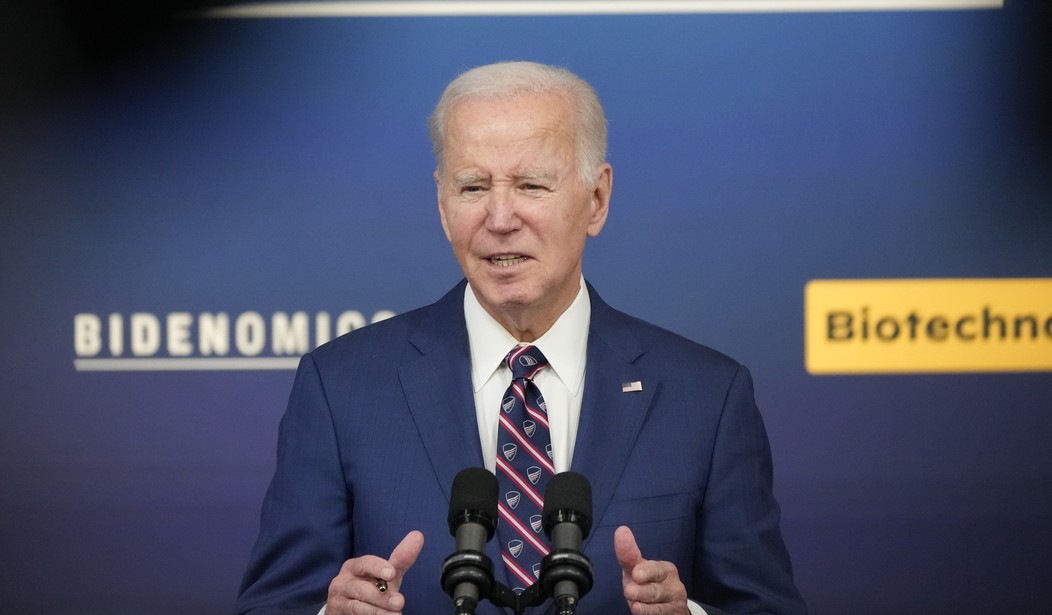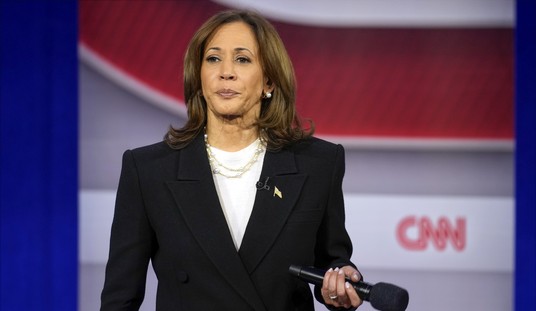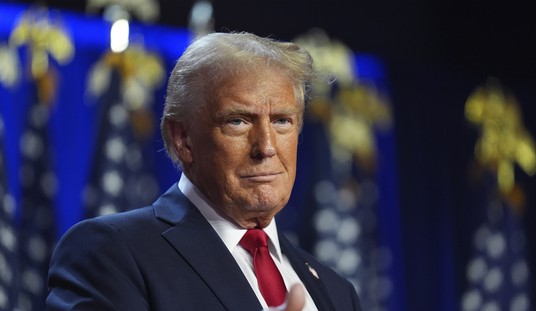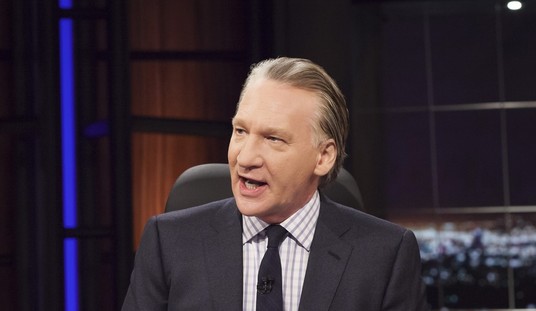On April 1, the new California $20-per-hour minimum wage for fast-food workers went into effect. In signing the bill, California Gov. Gavin Newsom rejected the view that such a wage hike -- 25% above the state's current minimum wage -- hurts teenagers who disproportionately benefit from fast-food jobs and for whom this becomes their entry into the job market. Newsom said: "That's a romanticized version of a world that doesn't exist. We have the opportunity to reward that contribution, reward that sacrifice, and stabilize an industry."
In 2019, The New York Times editorial board echoed the theme:
"The simplistic view that minimum-wage laws cause unemployment commanded such a broad consensus in the 1980s that this editorial board came out against the federal minimum in 1987, calling it 'an idea whose time has passed,' and citing as evidence a virtual consensus among economists.' The old critique is still put forward regularly by the restaurant industry and other major employers of low-wage workers ...
"A groundbreaking study published in 1993 by the economists David Card and Alan Krueger examined a minimum-wage rise in New Jersey by comparing fast-food restaurants there and in an adjacent part of Pennsylvania. It found no impact on employment."
The 2019 New York Times editorial board has done a 180-degree turn from what its board wrote in a 1987 opinion headlined "The Right Minimum Wage: $0.00":
"... there's a virtual consensus among economists that the minimum wage is an idea whose time has passed. Raising the minimum wage by a substantial amount would price working poor people out of the job market ...
"A higher minimum would undoubtedly raise the living standard of the majority of low-wage workers who could keep their jobs. That gain, it is argued, would justify the sacrifice of the minority who became unemployable. The argument isn't convincing. Those at greatest risk from a higher minimum would be young, poor workers, who already face formidable barriers to getting and keeping jobs."
Recommended
In a 1973 interview, Nobel Economics Prize winner Milton Friedman said, "I've often said the minimum-wage rate is the most anti-Negro law on the books."
Now the "groundbreaking" Card-Krueger study referred to in The New York Times 2019 editorial did refute the consensus among economists that government-imposed minimum wage increases cause unemployment and higher prices and give added incentive to cut labor costs through automation. But about the study, The New York Times's own columnist, economist, and Nobel winner Paul Krugman, wrote:
"Indeed, much-cited studies by two well-regarded labor economists, David Card, and Alan Krueger, found that where there have been more or less controlled experiments, for example when New Jersey raised minimum wages, but Pennsylvania did not, the effects of the increase on employment have been negligible or even positive. Exactly what to make of this result is a source of great dispute. Card and Krueger offered some complex theoretical rationales, but most of their colleagues are unconvinced; the centrist view is probably that minimum wages 'do,' in fact, reduce employment. ..." (Krugman now supports a minimum wage.)
Other economists attacked the "groundbreaking study" noting that its researchers simply asked employers whether they hired more or fewer workers post the minimum wage hike. When, however, the same employers were asked to provide payroll records, it turned out that the state with the higher minimum wage saw lower employment relative to the adjacent state that did not raise its minimum wage. This confirmed the consensus view that those hurt the most are the so-called unskilled, and that many of these would-be workers are the very black and brown liberals like The New York Times editorial board purports to care about.
Ohio University economist Lowell Galloway examined the study and denounced it: "The Card-Krueger study is still cited because it is useful politically. ... It still has legs because the minimum-wage notion is an idea that just will not die. You cannot put it to rest by any amount of evidence demonstrating its problems. Whenever people want to believe something strongly enough, any study that supports that belief -- no matter how bad it is -- will be accepted." But enough about Gov. Newsom and The New York Times.
























Join the conversation as a VIP Member